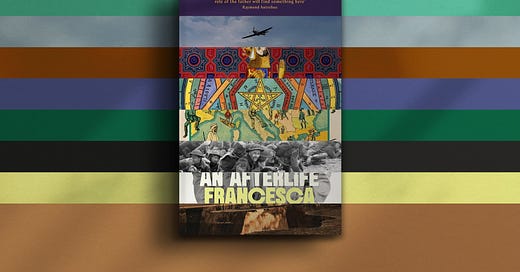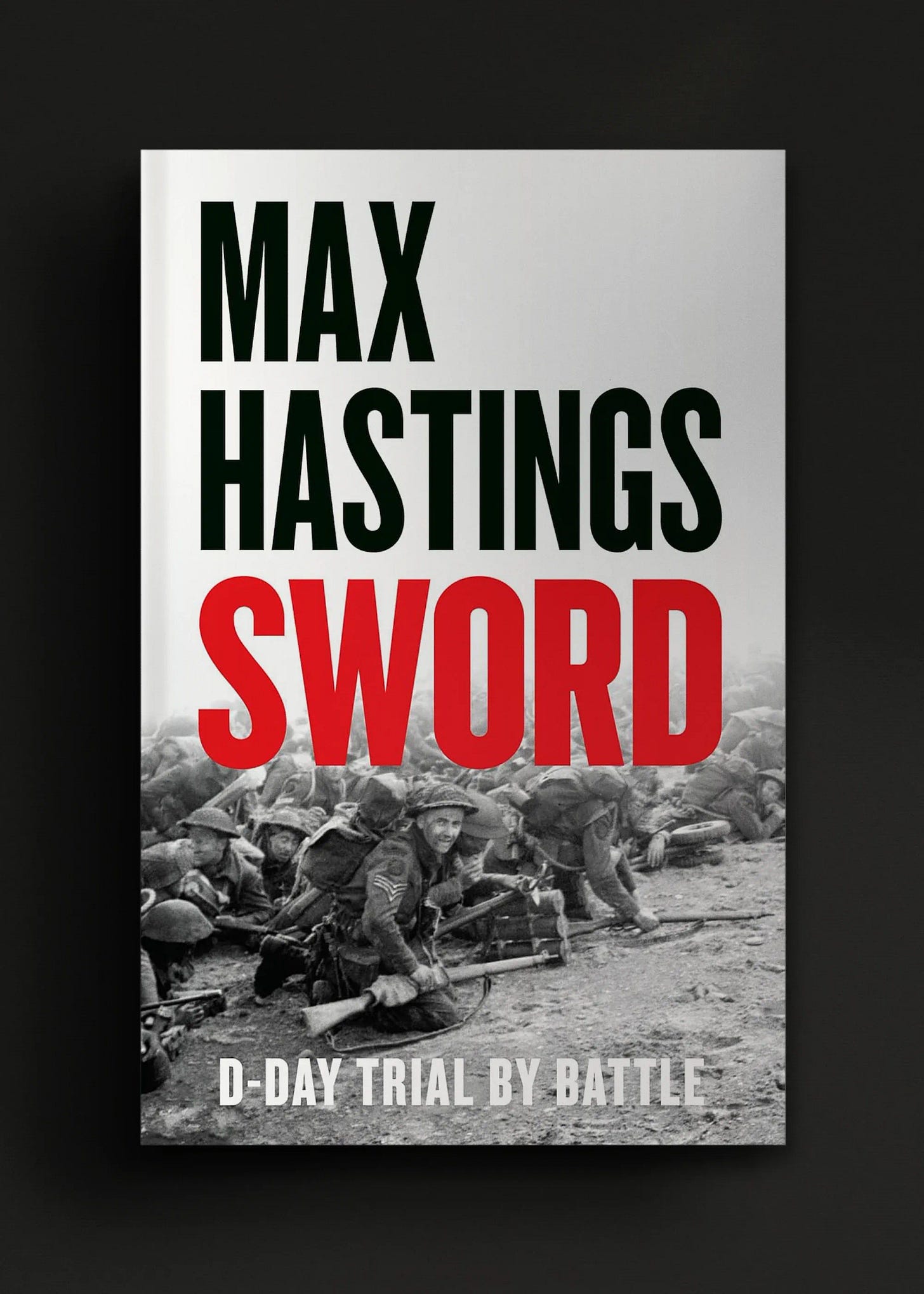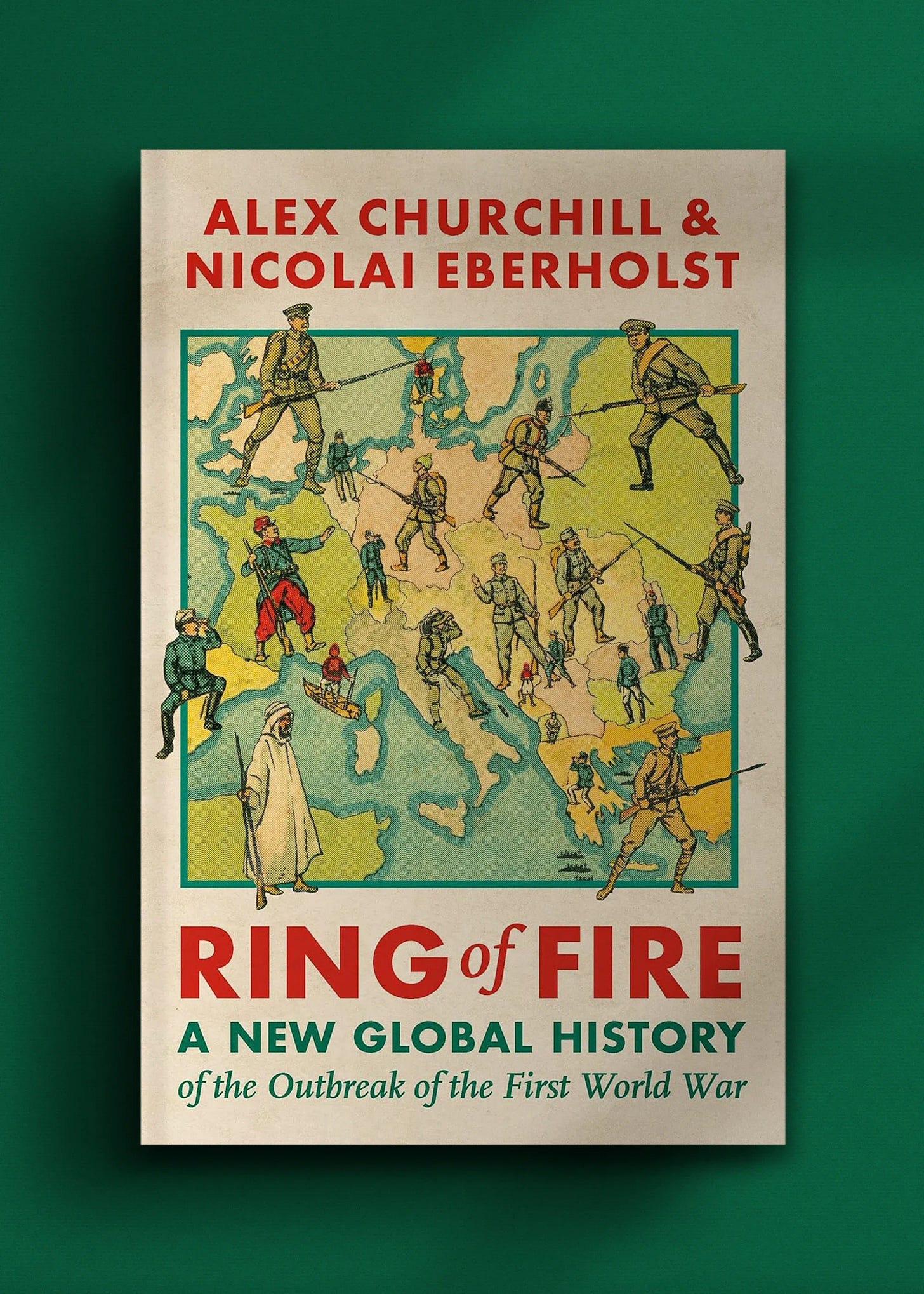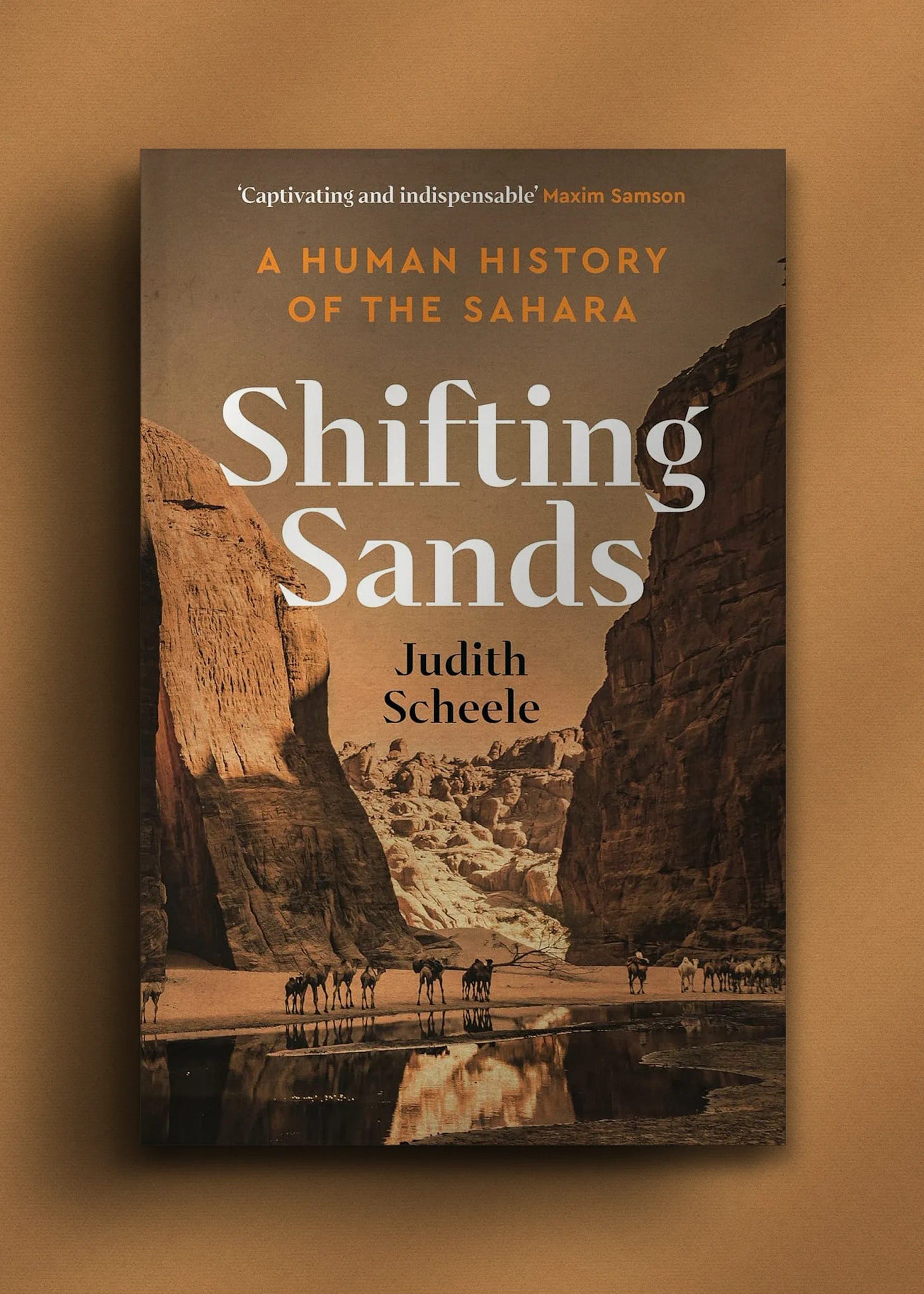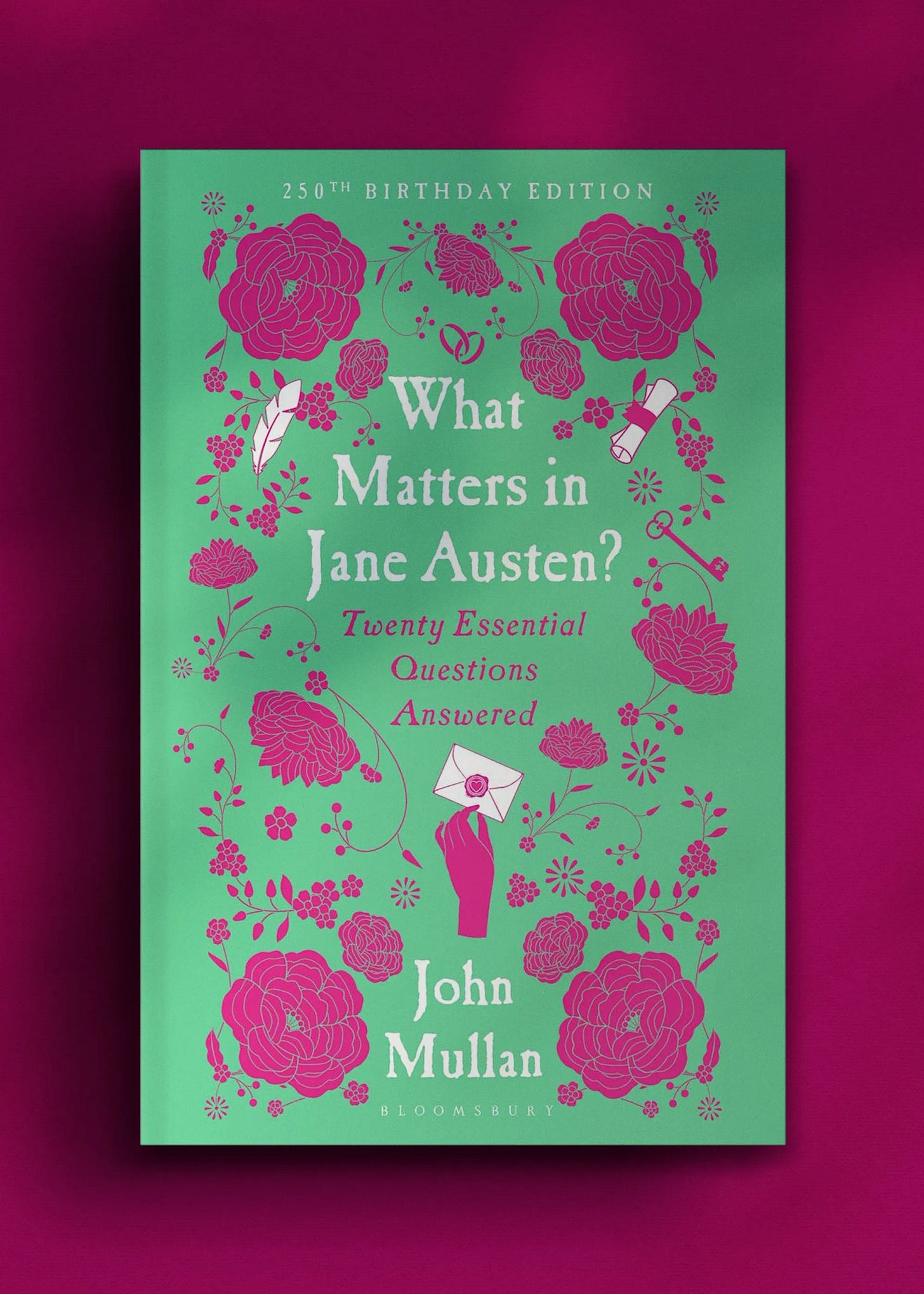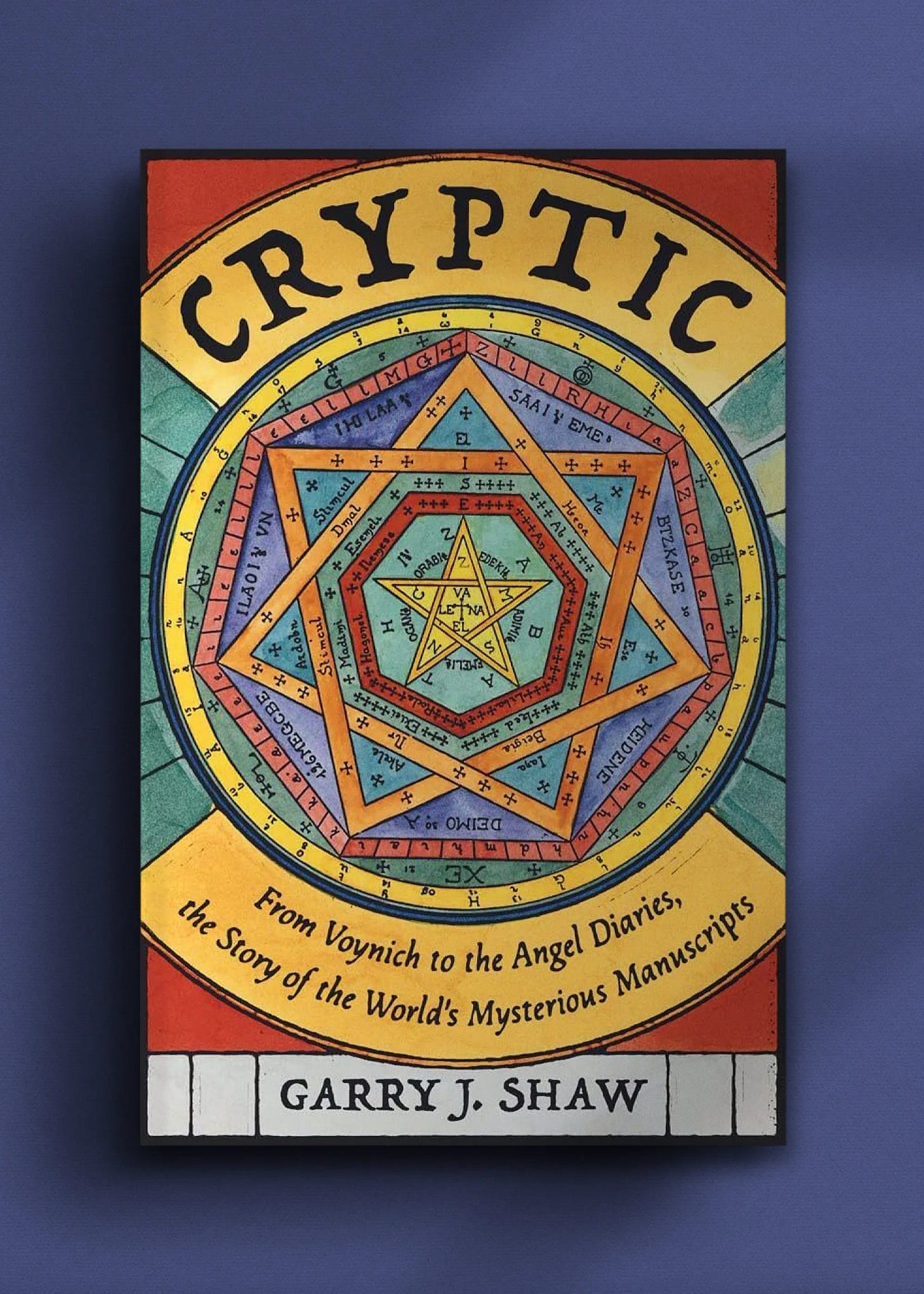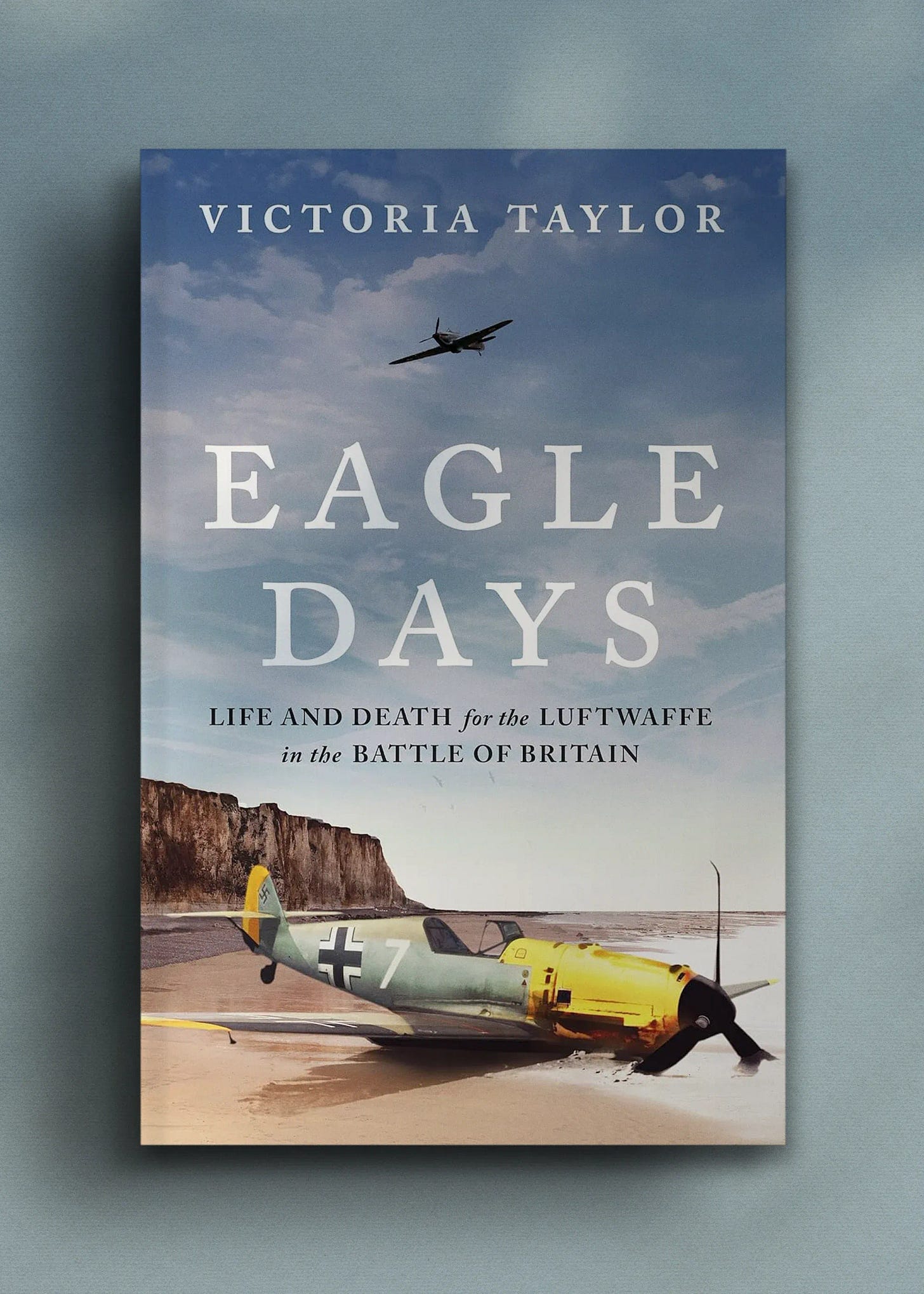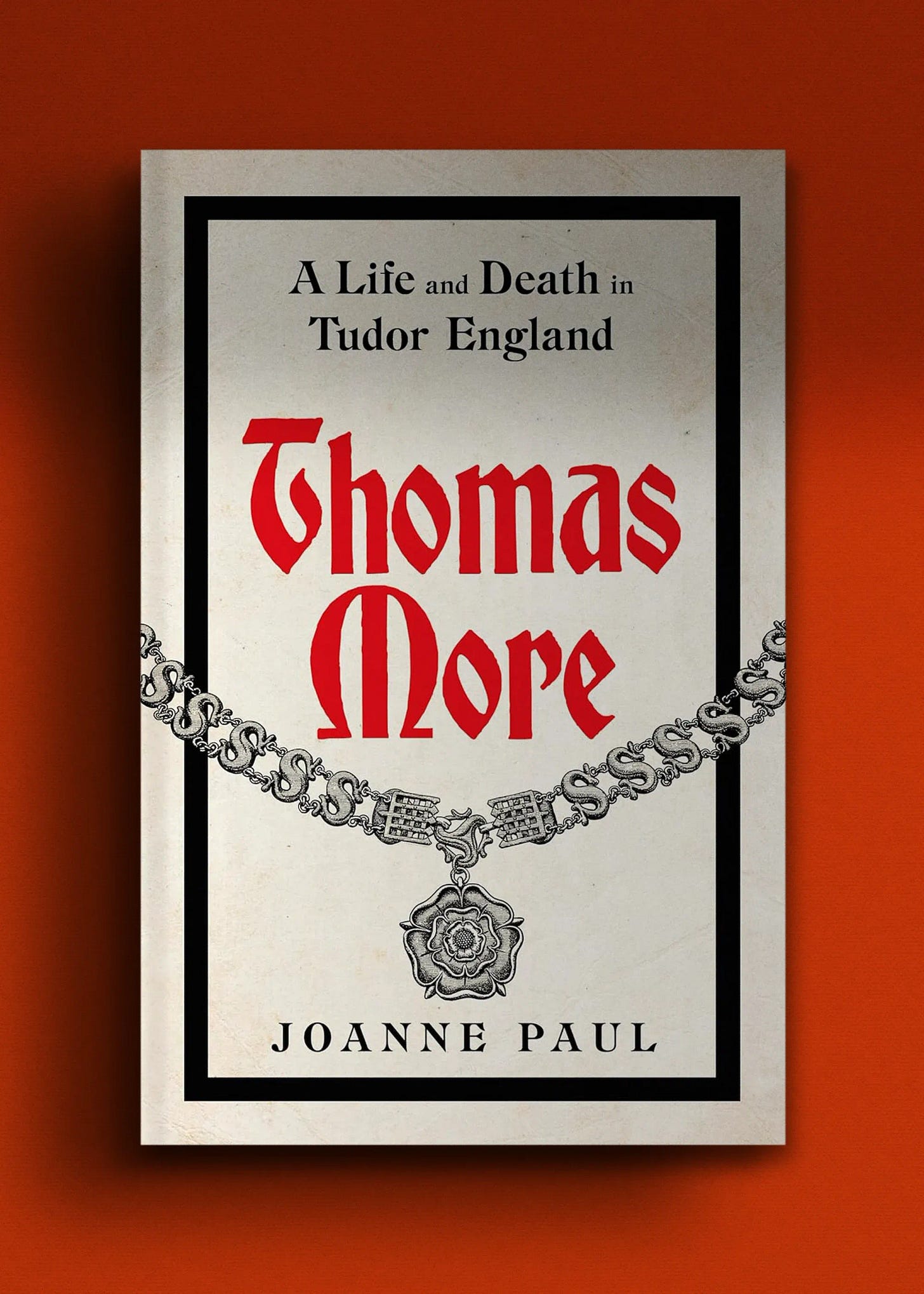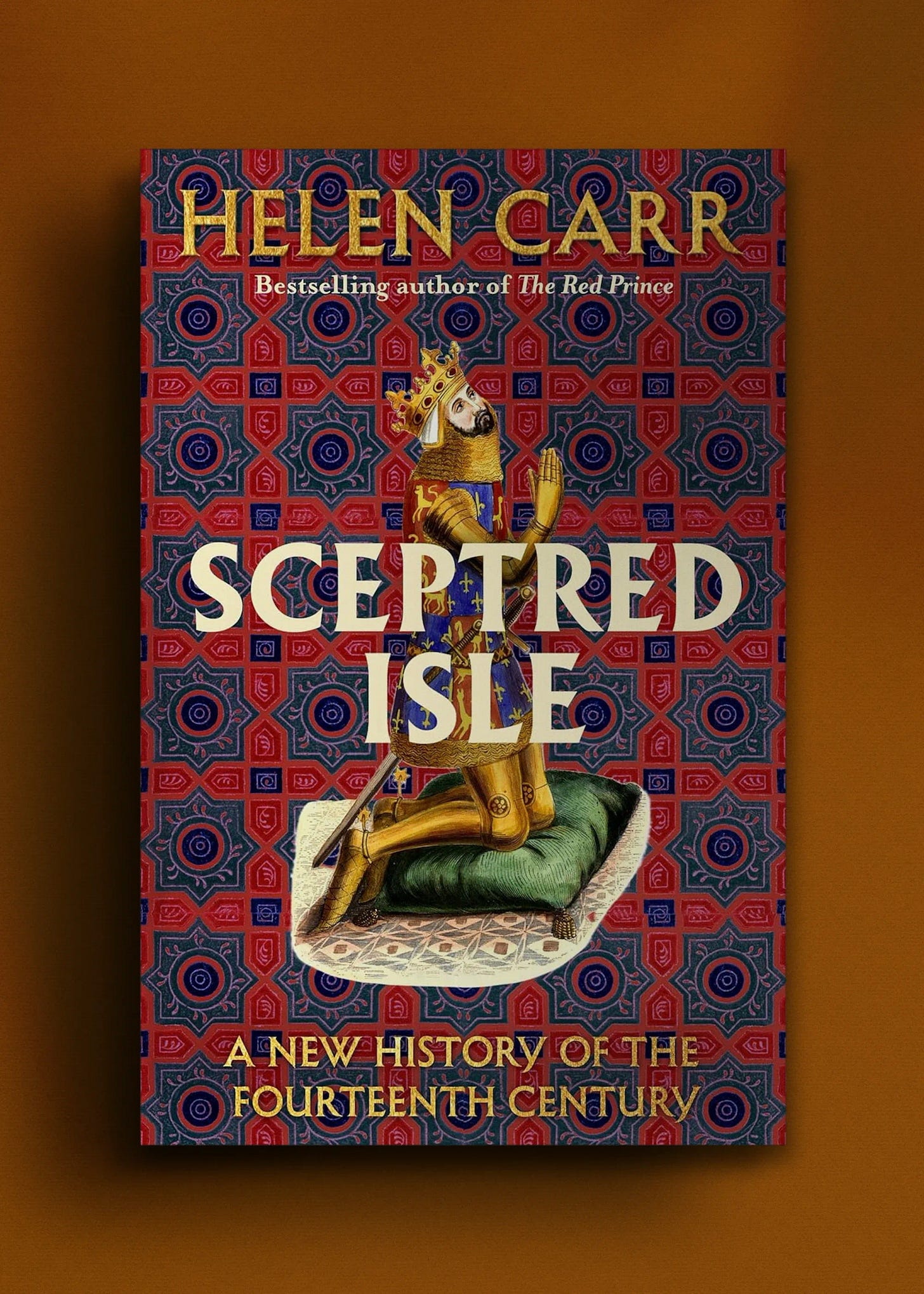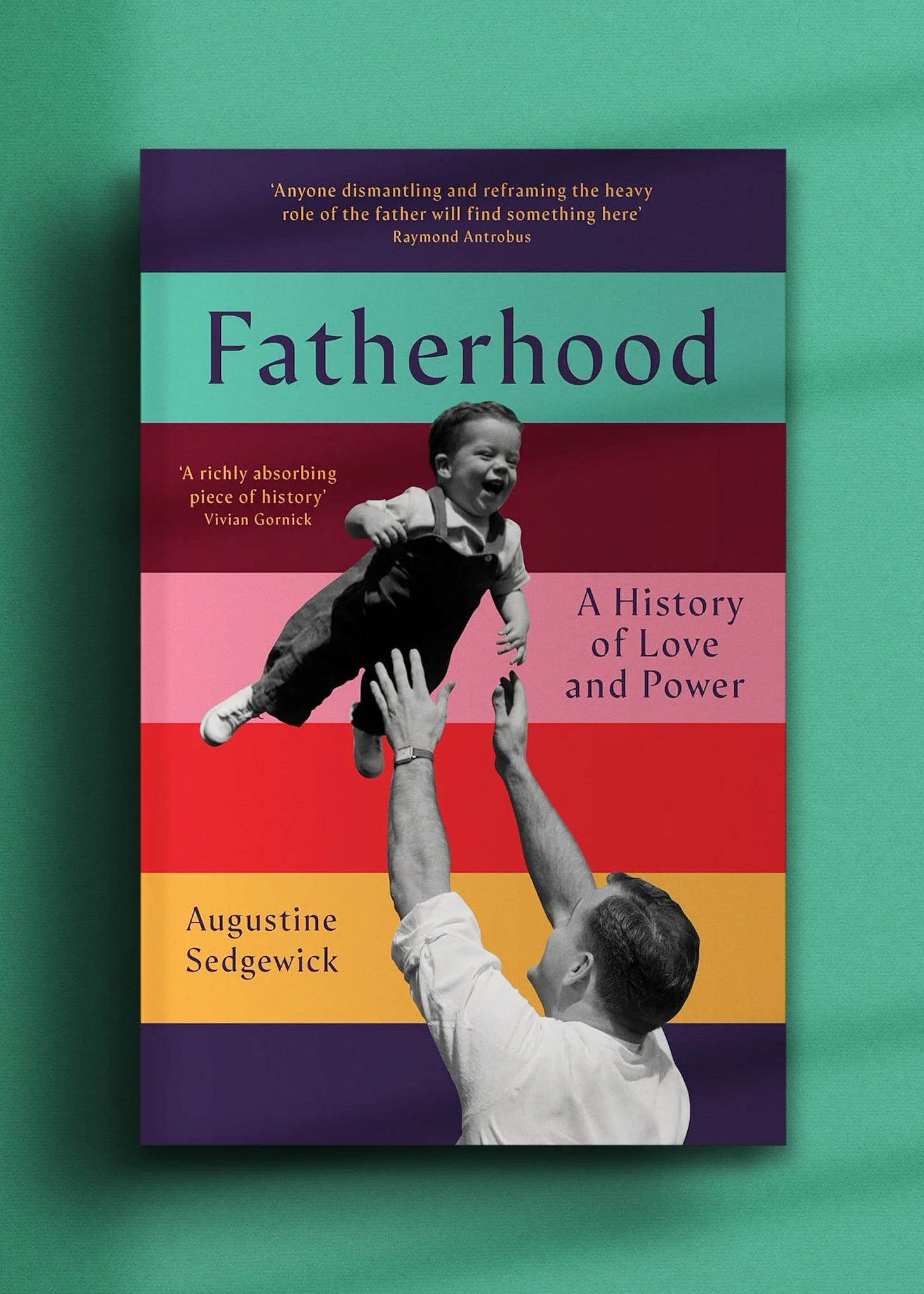Here is a selection of anticipated new history books that will be released over the month ahead.
Unseen Histories relies on your patronage to operate. You can support us by purchasing a book via the links, from which we will receive a small commission. Thank you for your support.
Sword by Max Hastings
William Collins, 8 May, 2025
Few things are more certain in the world of history publishing than the annual arrival of a Max Hastings book and the appearance of a new D-Day study in the run up to 6 June. In the new title Sword, these two perennials fuse together.
'Sword' is, of course, the code name for the beach allocated to British troops during the Normandy landings. Often overshadowed by the better chronicled Omaha Beach, Sword was nonetheless the site of fierce fighting in the critical opening hours of Operation Neptune. Hastings' objective is to chronicle this in granular detail and he does so by tracing the fortunes of several infantry, airborne and commando divisions as they splashed perilously ashore.
As the wartime generation passes into history, books on these major World War Two encounters are increasingly infused with urgency and poignancy. Hastings is as authoritative an historian as one could desire and in brisk prose he conveys his latest research on this evergreen topic.
Ring of Fire by Alex Churchill and Nicolai Eberholst
Apollo, 8 May, 2025
The summer of 1914 brought a calamitous moment in European history. In that age of intense nationalism a bloody event in Sarajevo unleashed consequences of the most horrific kind.
The outbreak of the Great War has been endlessly analysed by scholars with much focus resting on the actions of a very few powerful politicians like Edward Grey, the British Foreign Secretary. Here, in Ring of Fire, Alex Churchill and Nicolai Eberholst provide a completely refreshing new portrait of the history of those times.
Their view is expansive. They delve deep into Imperial Germany and the Austro-Hungarian Empire, to the Pacific Ocean and back again to Denmark, seeking to discover what those loaded months in 1914 were like for the ordinary people who would be sucked into a conflict that spread and deepened as the months passed.
Shifting Sands: A Human History of the Sahara by Judith Scheele
Profile, 8 May, 2025
While D-Day and World War One provide familiar historical settings, readers looking for something different would do well to explore Judith Scheele's historical survey of the Sahara Desert.
This desert - by far the largest on Earth - could easily be disregarded as void when it comes to human history. Scheele's ambition is to explode this as wrong-headed, and to excavate the trove of stories that are buried in 'the shifting sands'. Scheele comes to this task with two distinct advantages. She is a trained anthropologist and she has lived in the region for many years, facts which fill her narrative with authority.
And so she begins Scheele's enthralling tale of trade and kingdoms, pathways and oases, battles and alliances. This is a book that leans towards the scholarly and is founded on years of research.
Gertrude Stein: An Afterlife by Francesca Wade
Faber, 22 May, 2025
Francesca Wade is one of Britain's brightest young biographers. History readers will last have encountered her exploring the various inhabitants of Mecklenburgh Square in the 1920/30s (these included Virginia Woolf and Dorothy L. Sayers) in her debut, Square Haunting. Here, in her study of Gertrude Stein, we find her once again back in these same colourful years on the trial of a 'confounding' literary figure.
Stein is a quicksilver character. Filled with a sense of destiny and bent on making her mark on the history of her times, she mingled in circles that included Picasso, Matisse and Hemingway.
Billed as a 'literary detective story', Wade sets out to make sense of Stein's confusing life in an exciting way. Grounded in an intense study of her archive in the Beinecke Library at Yale, the opening half of Wade's book charts Stein's life; the latter interprets her posthumous reputation in the most stylish and revealing manner.
What Matters in Jane Austen? by John Mullan
Bloomsbury, 22 May, 2025
Jane Austen has variously been described as 'that perfect mistress of the semi colon' (Patrick O'Brian) and 'the most perpendicular, precise, taciturn piece of single blessedness that ever existed' (Mary Mitford). Whichever you prefer, Austen is certainly one of the great British novelist and this year marks the 250th anniversary of her birth.
This re-issue of John Mullan's 2012 is designed to meet the moment and its appearance gives readers another chance to revisit Austen's elegant world. Cleverly structured, Mullan's approach is to isolate twenty 'essential' questions readers of her novel may have, then provide the answers.
Mullan's book is powered by an infectious enthusiasm for his subject. With new adaptations of her novels constantly appearing on television, this stands as a worthy guide to a subject that remains seemingly as popular as ever.
Cryptic: From Voynich to the Angel Diaries by Garry J. Shaw
Yale University Press, 27 May, 2025
The Medieval and Early Modern period of history has bequeathed us a good number of mysterious manuscripts. Many of these defy all interpretation today and, as a result, have acquired compelling reputations as the keepers of secrets.
In Cryptic Garry Shaw - a scholar known for his studies of Ancient Egypt - turns his attention to a timeframe between the twelfth and seventeenth-centuries when a range of secretive scripts were made. The most famous of these is the Voynich Manuscript, an illustrated codex which (like Gertrude Stein's archive) is kept at the Beinecke Library. Once in the hands of a seventeenth-century alchemist in Prague, people have argued over its meaning for years.
Instead of trying to crack any codes, Shaw sets himself the enticing task of revisiting the times in which these manuscripts were made, posing the question 'why?' The result is this nimble, intriguing and excellently researched book, Cryptic.
Eagle Days by Victoria Taylor
Bloomsbury, 22 May, 2025
It is always invigorating to pick up the first work of a young academic historian. These books are often loaded with the fruits of years of careful, determined study in the libraries.
Such is the case here in Victoria Taylor's fascinating debut Eagle Days. The setting is both a familiar and a dramatic one: the south coast of England in that fateful summer of 1940. Yet the focus does not lie with the young aces of the Royal Air Force, but rather with 'the life and death' of the Nazi Luftwaffe.
Perspective plays such an important role in storytelling and by switching viewpoints even such episodes as the Battle of Britain can acquire fresh life. That is one quality of Taylor's book, but the other is the sheer depth of archival work that her story rests upon. For those who never tire of learning about the Second World War, Eagle Days is essential reading.
Thomas More: A Life and Death in Tudor England by Joanne Paul
Penguin Michael Joseph, 29 May, 2025
In the late fifteenth-century the clever young son of a lawyer came out of Cheapside in the City of London and followed an upward path the carried him right to the summit of English politics. He sat beside King Henry VIII and then, when he fell out of favour, was executed. It's a story not so very different to the (now) more famous one of Thomas Cromwell. But this one belongs to another of that famous generation: Thomas More.
More is a brilliant but divisive subject. Historians of the sixteenth-century tend to hold very strong views about him. He was inspiring or malign; a zealot or a saint. Founded on firm scholarly ground, Joanne Paul's investigation of his life weaves artfully through his literary output and his political contributions, and situates him admirably in a setting that remains as vividly enticing as any.
Sceptred Isle: A new history of the fourteenth century by Helen Carr
Hutchinson, 29 May, 2025
As centuries go, the fourteenth-century is not one with the highest profile. And yet there it lies, in that pocket of time before the first stirrings of humanism and a new mode of thinking began to reach England. It is, perhaps, the last secure century of the old Middle Ages.
In Sceptred Isle Helen Carr surveys this century as whole. It emerges in her telling as a tumultuous places. There is regicide, the opening phase of the Hundred Years War, a bitter contest with Scotland, the Peasants' Revolt and, by far the worst of all, a plague so appalling that is has forever after been remembered as the Black Death.
Carr sweeps through all of this, finding a shape for her story in the rich and contrasting lives of Edward II, Edward III and Richard II.
Fatherhood: A History of Love and Power by Augustine Sedgewick
Picador, 29 May, 2025
Perhaps one of the quietest revolutions to breeze through society over the past generation is changing nature of fatherhood. Where not so long ago a father's role was to lead and provide, today it is something quite different (a father writes having just tucked two children into bed).
This is a subject worthy of study and here, in Fatherhood, the academic historian Augustine Sedgewick provides a brilliant overview of it. He examines not only recent shifts, but the continuous process of change that runs through the centuries.
Beginning in the Bronze Age with the hunter-father, progressing to Ancient Greece and the inception of patriarchy, Sedgewick’s broad and billowing story takes in such disparate characters as Henry VIII and Bob Dylan. This is a fascinating survey and a book with a particular relevance today.
You can read all our upcoming history book previews, here.
Subscribe to Unseen Histories for the very best new history books, read author interviews and long-form pieces by the world’s leading historians.


